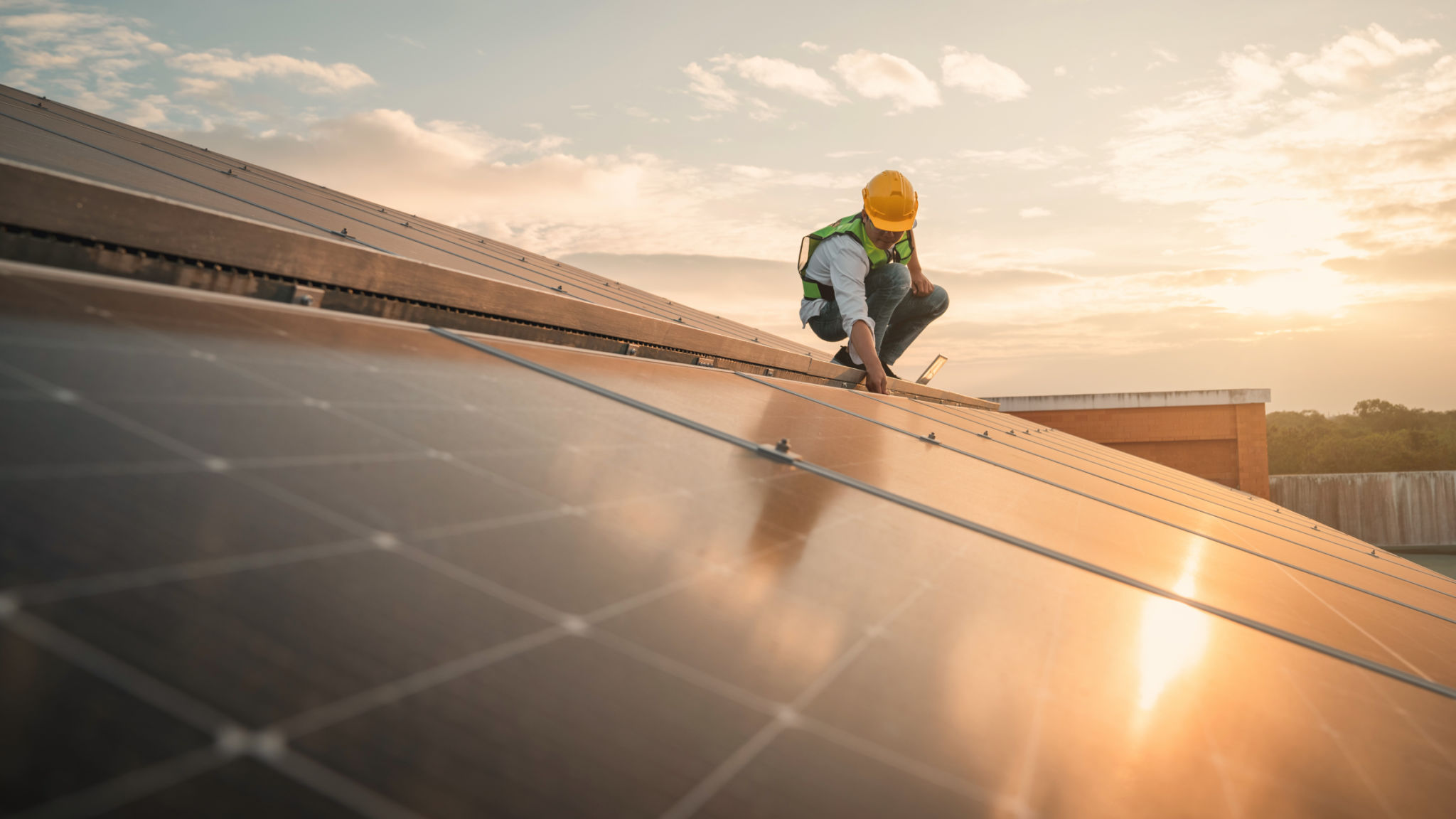Solar Energy in Your Community: How Local Initiatives Are Making a Difference
The Rise of Solar Energy in Local Communities
In recent years, solar energy has become more than just a buzzword; it is a powerful force driving change in communities around the world. As global awareness about climate change grows, local initiatives are playing a crucial role in promoting and implementing solar energy solutions. These initiatives not only benefit the environment but also bolster local economies and foster a sense of community empowerment.
Solar energy projects are cropping up in neighborhoods everywhere, turning once-unused spaces into productive energy hubs. The transformation is not just about technology; it is about people coming together to support a sustainable future. Community-driven solar projects have the potential to reduce carbon footprints while providing cost-effective energy solutions.

Community Solar Projects: A Collaborative Approach
One of the most exciting developments in solar energy is the rise of community solar projects. These initiatives allow individuals who may not have the means to install solar panels on their own homes to benefit from solar power. By pooling resources, communities can establish shared solar arrays that deliver clean energy to multiple households or businesses.
Community solar projects are particularly beneficial for those living in apartments or areas where installing personal solar systems is not feasible. Participants in these programs typically buy or lease a portion of the solar array and receive credits on their electricity bills, effectively reducing energy costs for everyone involved.
The Economic Impact of Solar Energy
Local solar initiatives also have a significant economic impact. By investing in solar projects, communities can create jobs and stimulate local economies. The installation and maintenance of solar panels require skilled labor, creating opportunities for employment and training in renewable energy sectors.
Moreover, by reducing reliance on non-renewable energy sources, communities can achieve long-term financial savings. Lower energy costs translate into more disposable income for residents, which can be reinvested locally, further boosting economic growth.

Environmental Benefits and Sustainability
Solar energy is a clean and renewable resource that significantly reduces greenhouse gas emissions. By harnessing the power of the sun, communities can decrease their dependency on fossil fuels and contribute to a healthier planet. This shift not only mitigates the effects of climate change but also improves air quality and public health.
Local solar projects often incorporate educational components, raising awareness about sustainability and environmental responsibility. By engaging community members in hands-on learning experiences, these initiatives foster a culture of environmental stewardship that can be passed down through generations.
Challenges and Opportunities
While the benefits of solar energy are clear, there are still challenges to overcome. Initial costs for setting up solar infrastructure can be high, and navigating the regulatory landscape can be complex. However, with government incentives and decreasing technology costs, the barriers to entry are gradually diminishing.
Communities that embrace the challenge find themselves at the forefront of innovation and change. By working together, they can develop creative solutions that address financial and logistical hurdles, paving the way for widespread adoption of solar energy.

The Future of Solar Energy in Communities
The momentum behind solar energy initiatives shows no signs of slowing down. As more communities recognize the benefits, we can expect to see an increase in collaborative projects and innovative solutions tailored to local needs. Solar energy represents a significant opportunity for communities to take control of their energy futures, reduce environmental impact, and enhance their quality of life.
By supporting local solar initiatives, we can collectively move towards a more sustainable future—one where clean energy is accessible to all, and communities thrive through shared purpose and action.